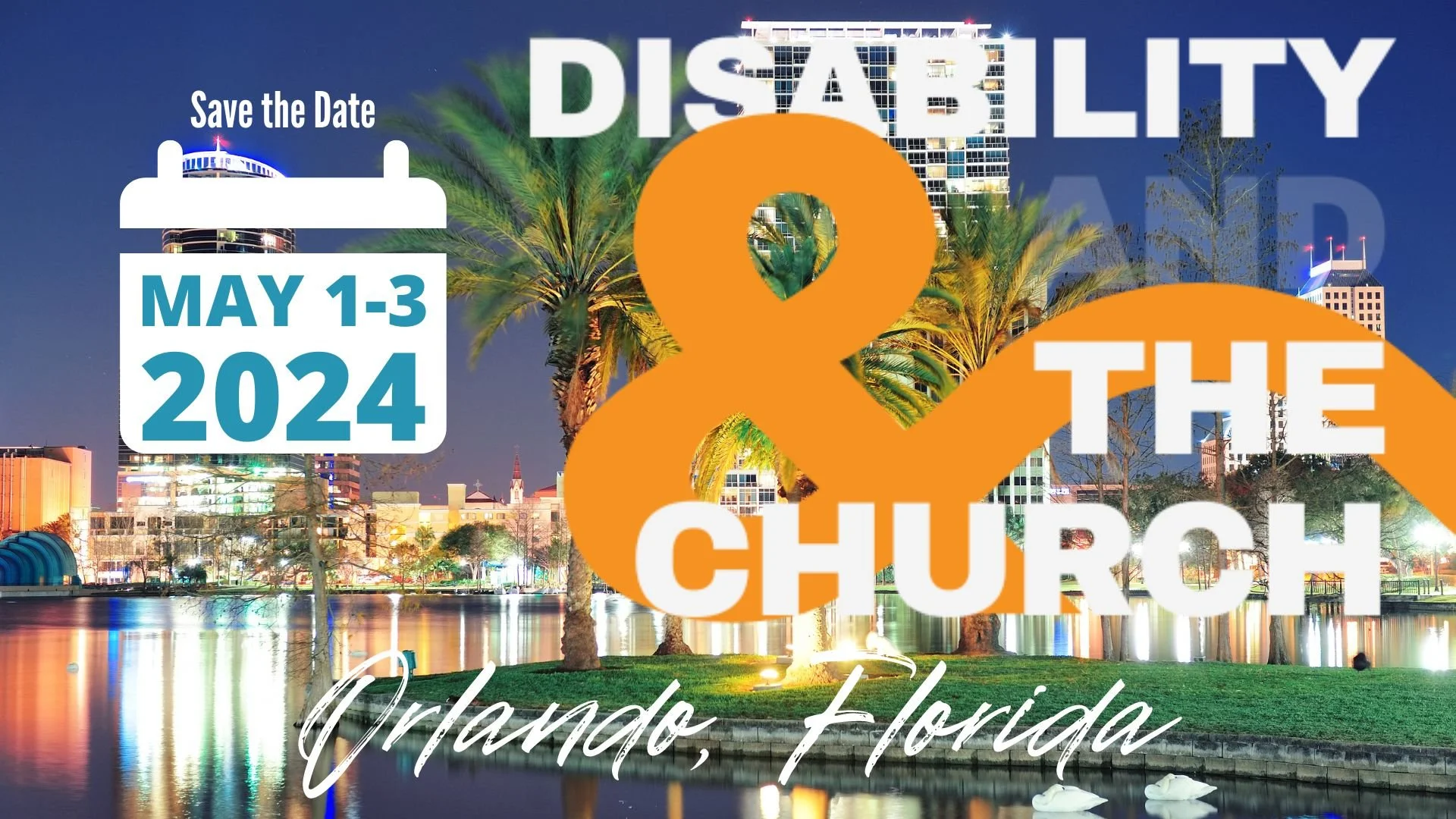October is Pastor Appreciation Month. It is a time when many people will find a way to show their appreciation to their pastors by offering cards, a cup of coffee, gifts, or some word of affirmation to remind them of the value they add to the congregations they lead and the importance of their work.
While the gifts are always welcomed and valued—I’m always fond of a gift card to my favorite coffee place—I think we are missing something by only focusing on the gifts of appreciation shown towards our pastors. One of the most important things we can do to value and appreciate our pastors is to understand that many are hurting and struggling with depression and other mental health concerns.
According to an article from Columbia Theological Seminary, pastors experience higher levels of occupational burnout than the national average. They also experience higher levels of burnout, anxiety, isolation, and depression. Part of this is an outflow of the modern pastoral life that combines multiple jobs into one. Pastors serve as public speakers, fundraisers, teachers, social workers, counselors, building managers, and administrators. It is a lot to ask of any person, and the weight of doing this in service to God can be daunting.
Photo credit: Dawn McDonald on Unsplash.com
I am among those pastors who deal with anxiety and depression.
My mental health challenges come through a combination of serving as a pastor, the stresses of leading during the COVID-19 pandemic, our societal divisions, as well as caring for my oldest son and his multiple disabilities. As I often tell my counselor, there is not a moment of my life where I don’t have to function at a high level, with a lot of stress and anxiety thrown into the mix. There are days when I can carry on without a lot of pain. There are also moments when it takes all I have to show up on a Sunday morning and share a word of hope, because I struggle to see hope myself.
Being a pastor who struggles with anxiety and depression does not make me less of a pastor. It also does not make me less of a follower of God. That I am open about my struggles does not make me a weak person or unable to lead. These are often the descriptions we throw at pastors who are hurting. When we dismiss a pastor's mental health struggles, we only add to the pain and isolation that pastors experience. We also limit our ability to be open about the struggles that we face in our lives.
Shannon Blosser is the senior pastor of Pea Ridge United Methodist Church in Huntington, WV. Follow his work at shannonblosser.com.





